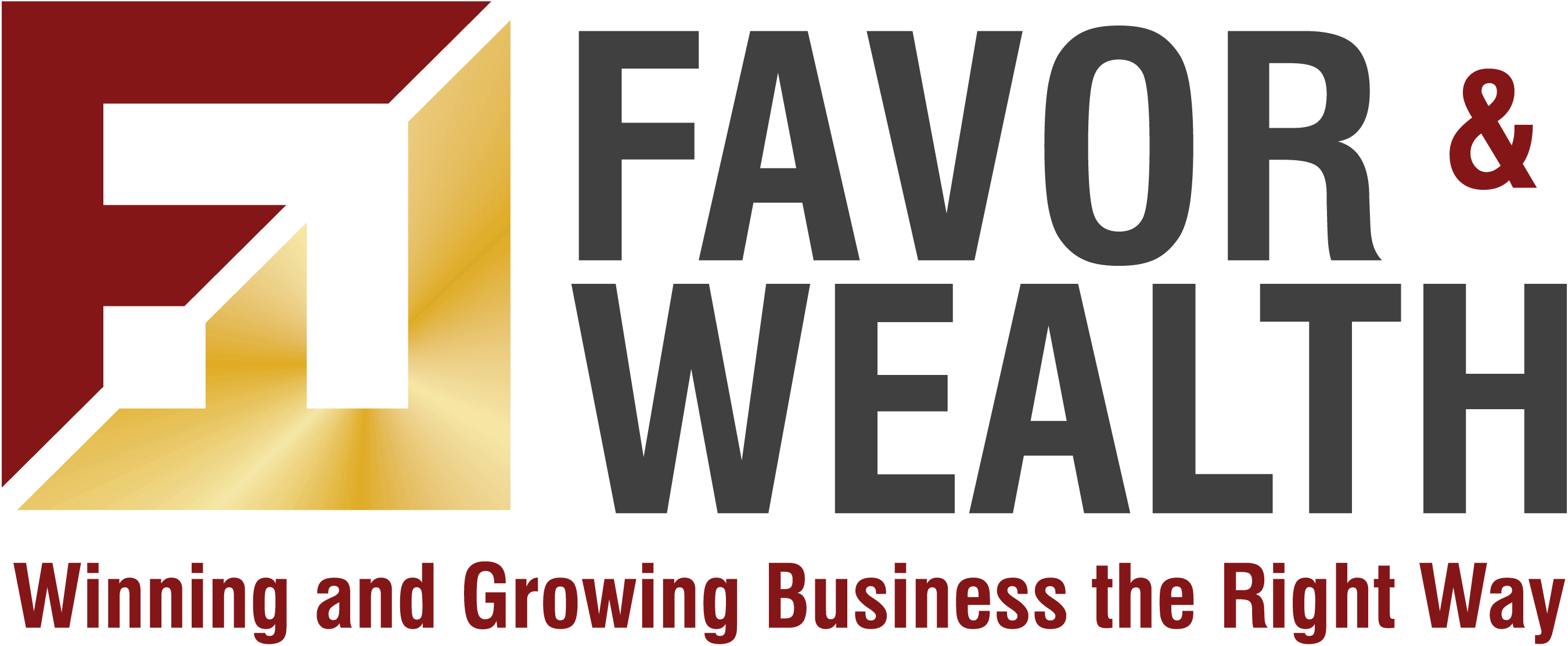Emotional intelligence is a profound and influential concept that has gained widespread recognition in both personal and professional life. At its foundation, emotional intelligence revolves around the understanding and management of our emotions and those of others. It can powerfully shape our interactions, decision-making, and overall quality of life.
While the term itself may seem modern, the roots of emotional intelligence run deep, even resonating with age-old wisdom found in the scriptures. Today, we’ll dive into one of the key components of emotional intelligence—self-awareness—and its profound significance in personal growth, leadership, and living an enriching, God-honoring life.
“Search me, God, and know my heart; test me and know my anxious thoughts.” (Psalm 139:23)
Understanding Self-Awareness
Self-awareness forms the bedrock of emotional intelligence. It’s the ability to recognize and understand your emotions, strengths, weaknesses, values, and motives. It requires an honest look into the mirror of our psyche, and a willingness to accept what we see, warts and all.
A self-aware person has a clear perception of their personality, including their emotions, motivations, beliefs, and desires. They understand where they excel and where they have room for improvement. They are able to discern their emotional responses and understand why they react in certain ways.
“The heart is deceitful above all things and beyond cure. Who can understand it? ‘I the Lord search the heart and examine the mind, to reward each person according to their conduct, according to what their deeds deserve.'” (Jeremiah 17:9-10)
People with high self-awareness can constructively assess themselves, honestly and realistically. They can identify their feelings and use them as a guide to decision-making. They can also control their reactions to emotions, leading to a more flexible and adaptive approach to life.
The Power of Self-Awareness
The benefits of self-awareness are far-reaching, impacting numerous areas of life.
Firstly, self-awareness is the cornerstone of emotional health and mature, responsible behavior. It forms the basis for empathy, allowing us to understand and share the feelings of others, and promotes better relationship management.
Moreover, self-awareness has significant implications in our professional lives. It leads to better job performance, as those who understand their strengths can capitalize on them and those who recognize their weaknesses can work to improve. It’s also associated with better leadership. Leaders with high self-awareness are not only more effective themselves but also tend to create a more engaged and creative team environment.
Cultivating Self-Awareness
Unlike IQ, which remains relatively constant throughout life, emotional intelligence can be developed. In essence, self-awareness isn’t a trait we are born with, but rather a skill we can hone.
Let’s delve into some strategies to enhance your self-awareness:
Reflective Practice: Reflective practice is a critical tool for self-awareness. It’s a continuous process where you introspect about your thoughts, experiences, actions, and reactions. Reflective journaling, meditation, and quiet contemplation are some excellent methods to stimulate introspection.
“Let us examine our ways and test them, and let us return to the Lord.” (Lamentations 3:40)
Seeking Feedback: Often, we have blind spots about our behaviors and attitudes. Constructive feedback from trusted colleagues, friends, or mentors can provide valuable insights into how others perceive us, helping us understand ourselves better and make necessary changes.
“Listen to advice and accept instruction, that you may gain wisdom in the future.” (Proverbs 19:20)
Mindfulness: Being present and fully engaged in the moment can greatly enhance self-awareness. Instead of letting our minds run on autopilot, mindfulness encourages us to pay keen attention to our emotions, thoughts, and actions. This heightened state of awareness can reveal patterns in our behavior and responses that we may otherwise overlook.
“Be still, and know that I am God.” (Psalm 46:10)
Emotional Intelligence and Leadership
Emotional intelligence and, in particular, self-awareness, plays a pivotal role in effective leadership. When leaders harness emotional intelligence, they cultivate a deeper understanding of themselves and their team. They become more adept at making informed decisions, managing stress, and navigating complex workplace situations. Moreover, they’re better equipped to communicate effectively, foster empathy, and create a motivating and inspiring work environment.
“Be completely humble and gentle; be patient, bearing with one another in love.” (Ephesians 4:2)
Leaders who possess high emotional intelligence can recognize their team’s emotional climate, empathize with their feelings, and respond accordingly. This empathetic leadership style fosters trust, boosts team morale, and promotes a positive work culture.
In Conclusion
Cultivating self-awareness through emotional intelligence is not a destination, but an ongoing journey of understanding and managing one’s emotions for personal growth and effective leadership. The journey is filled with introspection, personal discoveries, challenges, and rewards. By incorporating the Biblical teachings and practices discussed, we can enhance our emotional intelligence, be better leaders, and glorify God in our conduct.
Remember, “For the Spirit God gave us does not make us timid, but gives us power, love and self-discipline.” (2 Timothy 1:7). So, harness the power of emotional intelligence for better self-awareness, and experience the transformative effect it has on your life and leadership. Be the leader who not only makes a difference but also inspires others to do the same. Unleash your potential, and empower those around you to reach theirs.
www.favorandwealth.com
1-855-732-8673
